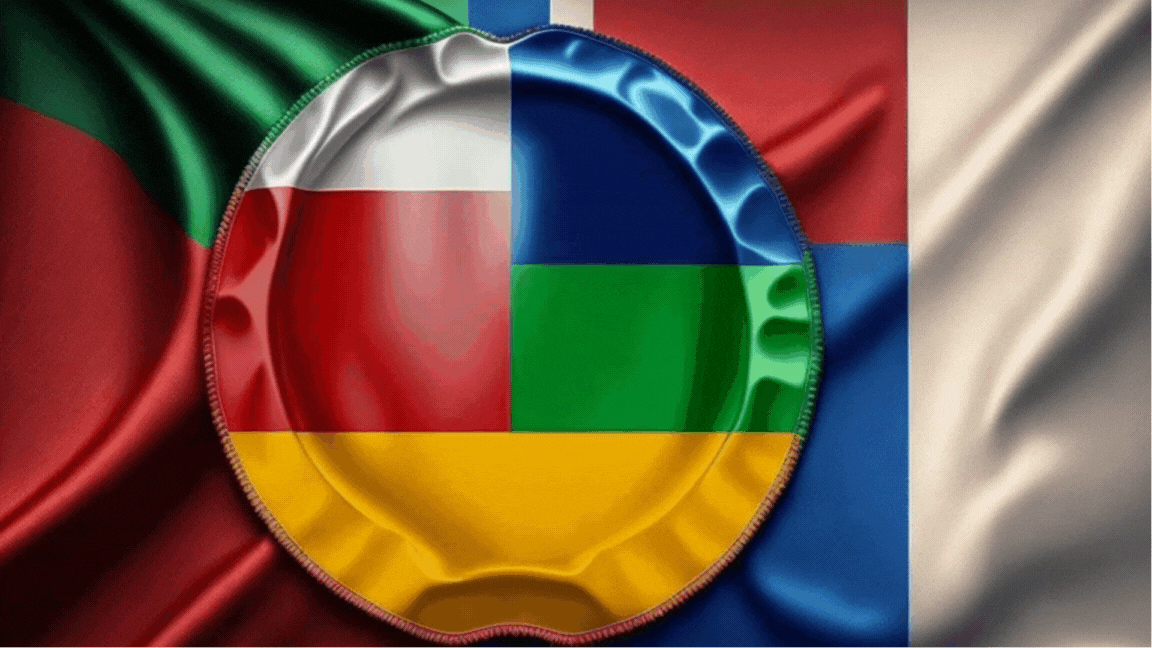
Everything indicates that, at least in the United States, the legal pressure is getting closer to Javier Milei as part of a class action lawsuit. Its promoters are now seeking to have the defendants face a public jury trial, accused of serious crimes such as racketeering, fraud, and illicit enrichment. The scandal is tied to the memecoin $LIBRA, which—to say the least—was irresponsibly endorsed by the Argentine president, who later deleted his tweet amid intense scrutiny of the token.
The recklessness I attribute to Milei applies whether he participated with full knowledge of what would happen with $LIBRA (which I doubt) or if he was duped by crypto entrepreneur Hayden Davis. So far, the plaintiffs in the class action have avoided directly targeting Milei in the lawsuit, still portraying him as a tool in the hands of seasoned fraudsters. However, troubling evidence—meetings at the Pink House and two transfers exceeding a million dollars—has now dragged his sister, Karina Milei, into the class action, per La Nación.
"I sent money to [Milei's] sister, and he signs whatever I say and does what I want," Davis allegedly wrote to potential $LIBRA investors. The updated filing before federal Judge Jennifer Rochon argues that "a coordinated insider group in digital assets designed and operated a predatory scheme to defraud investors in decentralized financial markets, also known as ‘internet capital markets,’ on the Solana blockchain," with Davis and Meteora’s Benjamin Show as key players. After a price surge following Milei’s endorsement on X, $LIBRA crashed when alarming details about its tokenomics emerged and Milei deleted his tweet. The Argentine leader is not having his best political moment at home either.
Tariffs
Chile’s economy breathes a sigh of relief after avoiding the harsh impact that U.S. tariffs on refined copper would have caused. Although most of Chile’s copper goes to China, over half of U.S. demand is met by the 11% of Chilean global exports. The White House ultimately recognized copper trade as a national security issue, given the excessive dependence. Trump had floated the idea of a 50% tariff on copper, but—alongside U.S. interests (the main factor here)—Chile seems to have deployed effective diplomacy to ensure that key products like refined copper and raw metal enter the U.S. duty-free.
Only semi-processed copper ended up targeted by the proposed 50% tariffs. Another Latin American country, Peru—the world’s third-largest copper producer—also benefits from the measure. "This decision is not only good for Chile but also for U.S. manufacturing, which depends on our copper supply," Chile’s Finance Minister stated.
In 2024, according to Italian news agency ANSA, Chile exported over $5.8 billion worth of copper to the U.S., mainly refined cathodes. By mid-2025, shipments had already reached around $4.2 billion. Copper cathodes are highly pure sheets weighing between 70 and 80 kg, as reported by AFP.
Brazil
Finally, the Trump administration imposed an aggregate 50% tariff on several Brazilian products. While protecting items like orange juice (for U.S. consumers) and oil (for industry), it appears that corn—a flagship product for the South American giant—has been targeted by the new tariffs. You can read the Trump designation here. "We're not facing the worst-case scenario," Brazilian Treasury Secretary Rogério Ceron told Reuters. "It's a more benign outcome than it could have been," he added.
